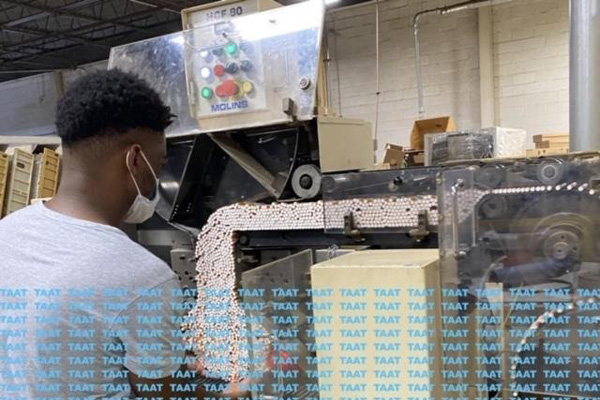
The board of Vectura will support Philip Morris International’s £1.1 billion ($1.5 billion) takeover offer for the inhaled treatments manufacturer after the tobacco company outbid private equity firm Carlyle, reports Reuters.
PMI on Sunday sweetened its offer for the asthma drugmaker to 165 pence per share, surpassing Carlyle’s final 155 pence proposal.
Vectura said it considered the terms of the Philip Morris offer to be fair and reasonable, and its board planned to unanimously recommend the bid to shareholders.
“The Vectura directors recognize the superior cash price the final PMI offer provides Vectura shareholders,” the board wrote in a statement published on Aug. 12, according to Sky News.
“The Vectura directors also note that wider stakeholders could benefit from PMI’s significant financial resources and its intentions to increase research and development investment and to operate Vectura as an autonomous business unit that will form the backbone of its inhaled therapeutics business.”
Previously, the company had noted that being owned by a cigarette maker could present “uncertainties.”
PMI wants to use Vectura’s expertise with inhalable formulations and device design to produce respiratory therapies. The acquisition is part of the cigarette manufacturer’s ambition to move beyond tobacco and to derive at least $1 billion in sales outside nicotine by 2025.
The proposed transaction has been heavily criticized by health activists who object to ownership by a company whose primary products are a major contributor to the medical conditions that Vectura aims to treat.
After Vectura’s announcement on Thursday, the chief executive of Asthma U.K. and the British Lung Foundation called the move by PMI “unacceptable.”
“Along with representatives from more than 20 organizations, I wrote to the Vectura board today to urge them to reject the bid. They’ve decided to recommend, so now it’s over to the shareholders,” said Sarah Woolnough.
PMI needs the acceptances of holders of just over 50 percent of Vectura shares for the deal to go through.




















